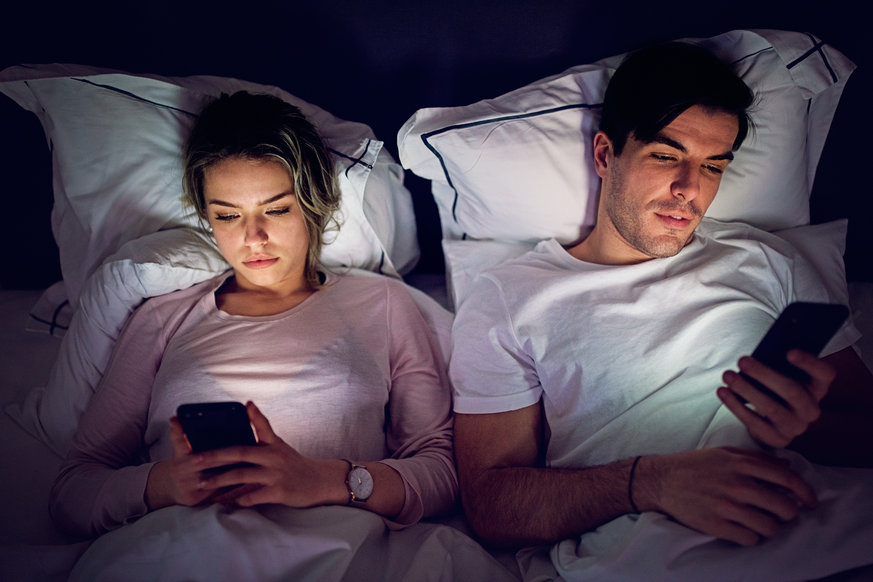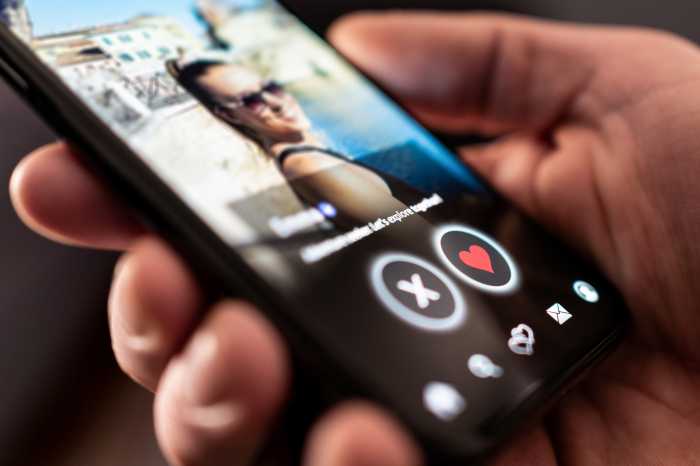Are you one of those people who sleeps with your smartphone? According to Dr. Thanuja Hamilton of Advocare Pulmonary and Sleep Physicians of South Jersey, you’re not alone.
“71% of Americans sleep with their phone in their bed, hand or nightstand,” she says. “A patient recently was complaining that her husband sleeps with his phone in his hand because he’s afraid of missing hearing the alarm.”
But keeping the smartphone in the bedroom, even if it’s out of your hand on a nightstand, could be negatively affecting the quality of your sleep.
“Anytime the phone rings, beeps or lights up, it can cause a startling effect — resulting in microarousals or even a complete wakening.”
So what’s a microarousal?
“Your brain wakes up even though you may not be aware of it,” she says. “Microarousals affect the quality of your sleep.”
Yikes! Even if you don’t wake up fully, a simple buzz from your smartphone could be waking up your brain.
What’s more, looking at our devices before bedtime can also be a problem, due to the emission of blue light.
“It keeps the brain stimulated,” says Dr. Hamilton. “Circadian rhythm, our body’s internal clock, is controlled by melatonin, which is what tells us to sleep. Blue light suppresses melatonin, keeping us awake.”
She adds that if you’re the kind of person who relaxes at night by scrolling on your phone or watching TV, you’re not relaxing at all, because the blue light is keeping you awake. It also increases sleep latency, or the time it takes to fall asleep.
Sleep disruption and sleep latency take its toll on a good night’s rest by limiting the amount of restorative sleep we get.
“The restorative, memory consolidation stage of sleep happens late at night,” says Dr. Hamilton. “By preventing the induction of sleep, we have less time to cycle through our stages of sleep and we get less of it.”
And this can lead to some major health complications.
“Sleep deprivation increases the risk for all sorts of health conditions like hypertension, diabetes heart disease, depression, dementia and more,” she says. “it’s our clean up time.” of
So how can you outsmart a smartphone?
Dr. Hamilton says using Night Shift mode is a start.
“The industry is recognizing the need to reduce the emission of blue light,” she says. “You still want to turn off your smartphone at least an hour before bed, however. Then give yourself a new relaxing bedtime ritual like reading, writing or spending more time with your partner.”
For more information on Dr. Thanuja Hamilton, visit: advocarepspsj.com.






























